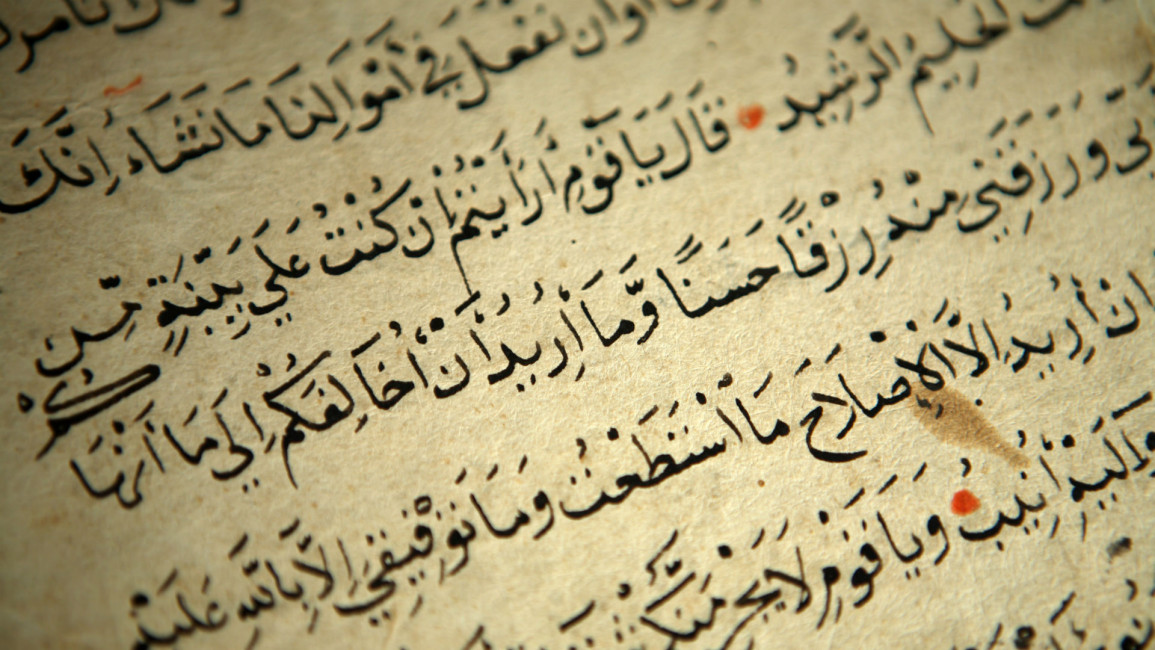Anger after Morocco minister labels Arabic language 'primitive, un-scientific'
A Moroccan minister has sparked calls for his resignation after he allegedly attacked the Arabic language, labelling it "primitive" and unfit for the "modern age".
Administrative Reform Minister Mohamed Benabdelkader made the offending comments at a university discussion panel in the city of Tetouan, local media reported.
"This language is dead and has not been updated for 14 centuries. We cannot use it to study scientific subjects" Benabdelkader was quoted as saying.
"It was used in the age of ignorance and since then it has not evolved unlike French and English which have become languages of science and communication," he said.
"For example, Arabic has 15 synonyms for the word 'lion' - so we cannot use this language for science. If you say the word '2019' in Arabic, you will see how hard it is to pronounce," he reportedly added.
The comments, which the minister has said were misunderstood, have sparked anger in the multilingual country, where French - the language of the former colonial power - still holds significant weight.
A local organisation promoting the use of Arabic on Tuesday called for Benabdelkader to step down, slamming his words as an "attack against national unity".
"Every single use of the illegal foreign French language must be stopped," the Arab Organisation for Arabisation and Communication said in a statement.
The North African country's official languages are standard Arabic and Amazigh, or Berber.
The common spoken language is Moroccan colloquial Arabic, which has been heavily influenced by the Berber languages and French and is not easily understood by most Arabic speakers.
However, French reigns supreme in higher education, business and government despite efforts to curb its use by Arabisation advocates, which include the co-ruling Islamist party.
Benabdelkader told local media that his comments had been misconstrued and that he had criticised the methods of Arabic language teaching in schools.
"I said Arabic teaching methods have always been closer to the ways European schools teach dead languages like Latin and ancient Greek," the minister was quoted as saying.
"These methods focus on grammatical rules for students to read and understand old texts instead of communication and creativity with the language."
"I expressed my opinion on the need for these methods to be updated to make Arabic practical and useful in communication and science," he added.
The controversy comes after Moroccan parliament in July endorsed a bill that strengthens the place of French in schools, particularly in science and technology subjects.
The draft law, which is yet to be endorsed by the upper house, has been widely criticised by proponents of Arabic and those who believe English language education should be prioritised.



